Logos vs Leaves--Unknowing and Relearning in Higher Education, by Nadine Canter Barnicle
It’s no simple task to explain the work I find myself unfolding within. Moving between theory and practice in my personal and professional life for more decades than I care to admit with a focus on environmental communications and advocacy, two ideas have motivated me to continue to show up: The Lorax — “Unless someone like you cares a whole awful lot, nothing is going to get better. It's not.”— and, the realization that our human social conditioning means we recognize more corporate logos than leaves. The human species has created a super-organism: Capitalism. And, it is destroying us. As a mother, sister, daughter, partner, collaborator, friend, niece, cousin, teacher, and student, I find it impossible to stand by and watch this happen.
As I breathe and flourish as nature, I have evolved as a pattern hunter and explorer, working at the human’s intersection between the individual and the collective, focused on relationships, collaborations, and behavior change. I have authored white papers, multi-national market research studies, newsletters, op-eds, strategic communications plans; designed urban and rural scaled social marketing campaigns; as well as facilitated stakeholder processes and built state-wide coalitions. I have done all of this work in the name of helping us humans live in “right relationship” with nature.
I’ve come to re-learn over and over that these “wicked” human problems, created in the name of civilization through our extractive economies and structural racism, won’t be solved with our heads. Living in our heads is part of the problem. To recover from burn-out after a full decade in the trenches of non-profit and grassroots work, I am committed to a personal heart-centered practice of Tai Chi Chuan and Daoist contemplative studies. This practice drew me back into higher education full-time— where I could sow these seeds and share them in the Environmental Studies Program at Middlebury College. Around the same time, I was invited to join an experiment rooted in the work of philosopher-seed geneticist Wes Jackson and imagined by philosopher Bill Vitek and scholar Aubrey Streit Krug: the New Perennials Project, which had shown up in Vermont at Middlebury College. That was an invitation I’ll never regret answering with a yes!
New Perennials links education, research, and analysis on agricultural transformation with community initiatives that work to grow, shape, and share the expressions of perennial thought and action. Operating from the premise that agriculture’s 10,000-year history has generated ecologically unsustainable practices and culturally corrosive hierarchies that must change, the project draws inspiration for radical change from the work of The Land Institute in Salina, Kansas. The Land Institute, founded by Wes Jackson, develops perennial grain crops and polyculture farming solutions. Since 2018, Middlebury College and The Land Institute serve as educational and research hubs of the New Perennials Project.
Through community-connected learning In our classroom at Middlebury, The Perennial Turn course considers: “the work of repairing Earth—response-ably attending to life-nourishing human and more-than-human interrelationships—starting at scales of self and community.” We explore power dynamics and thought-ways and consider what it is to live in harmony. In what ways have humans and planet Earth changed when our ancestors began annually disrupting soil ecosystems and storing surplus food? We explore notions of perennial thinking and action through readings, direct experience, and work with local partners at the forefront of the perennial turn. Our student interns are designing and piloting K-12 Perennial Workshops and outreach tools, considering agro-forestry, and studying and practicing interbeing. And, we have nearly 50 community partners in network, forming the New Perennials Champlain Valley Hub.
In the New Perennials community engagement work and in my other teaching collaborations at Middlebury, we know it’s about relationships, conversations, and deep listening, as well as finding our true natures and knowings through embodiment. Its work requires a new language.
A personal mentor of mine and a post-modern activist, Bayo Akomolafe says “times are urgent, let us slow down.” If we quiet and still ourselves in this time of crisis, if we re-learn to dance with the mountains, the grasslands, and the streams, we can begin to use all of our senses to know climate work can’t happen without justice work and justice work can’t happen without climate work. Only then can we make sanctuary and a pledge to re-design and make a perennial turn towards the “right” path our indigenous sisters and brothers on this continent prophesied in the Seventh Fire. Only then can we make space for our species, all living beings, and the planet to mutually flourish. To hear Nadine speak about Unknowing and Learning please visit her ONE teleseminar page.
For more information about New Perennials visit www.newperennials.org For more on Nadine’s work visit www.wooddragonadvising.org
1.While logo is a “graphic mark, emblem or symbol used to aid and promote public identification and recognition, its plural, logos, has a number of meanings in sacred Christian texts as well as in the sacred work of Carl Jung. In Jungian psychology, logos is considered the principle of reason and judgment, associated with the animus. These two ideas are both embedded within my work.


